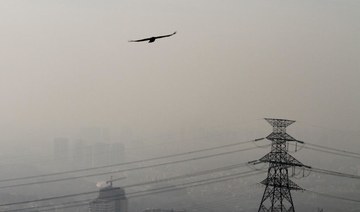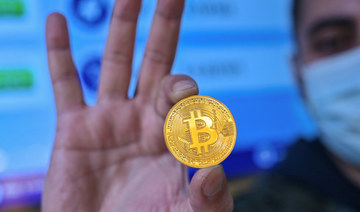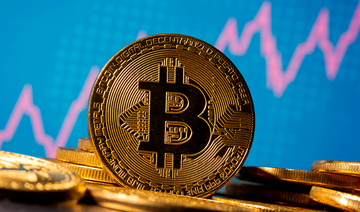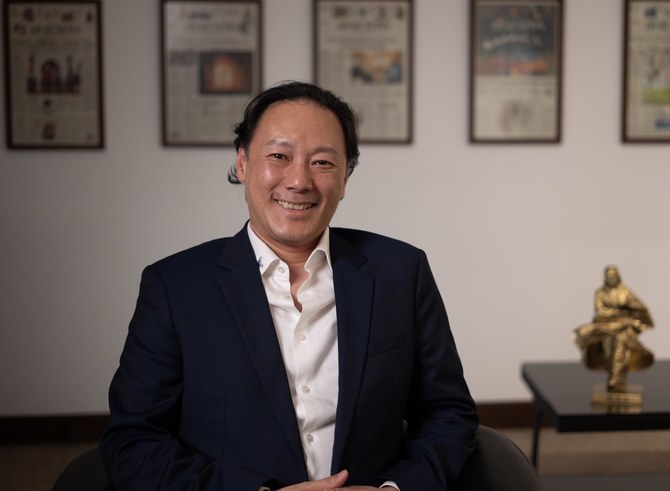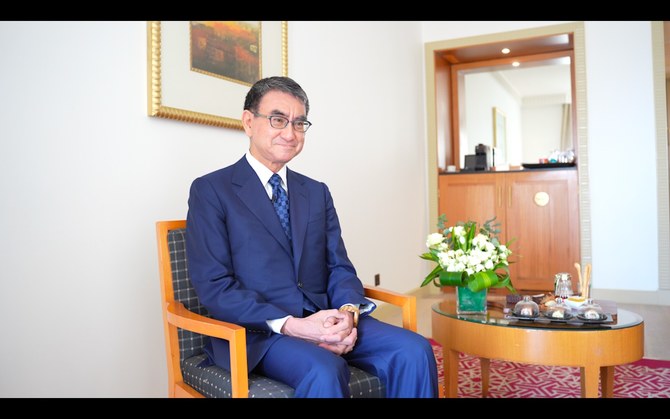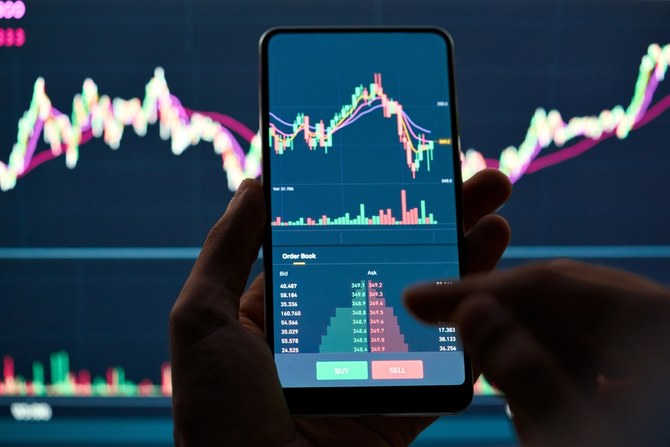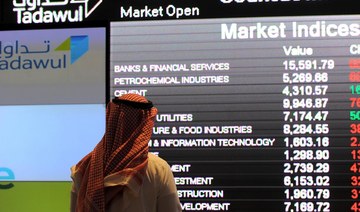BEIRUT: Lebanese crypto miners are in trouble. Lebanon has plunged into near total darkness because of its recent electricity shortage crisis, leaving mining machines suspended mid-way in their operations and their owners writhing over their financial losses.
In the last two years, a growing number of Lebanese youths have turned to trading and mining cryptocurrency in a desperate attempt to gain financial freedom and secure the much-needed remittances of USD cash. This movement was spurred by distrust of the Lebanese banking sector, which has all but swallowed up people’s life savings.
Today, the electricity crisis constitutes a thorny problem for crypto miners who have invested a fortune in buying mining machines that were supposed to function 24/7, mining as many cryptocurrencies as possible.
“Before the electricity crisis, each GPU (Graphics Processing Unit) used to mine $10-$20 worth of bitcoin every four hours,” 34-year-old electrician Alaa Ayash, who is the co-owner of a gaming-turned-mining lounge in Mar Elias, Beirut, told Arab News. “Now they mine about $1-$5, almost a quarter of what they used to.”
What exactly happens when a mining machine is turned off due to an electricity shortage?
Put simply, mining is the process of getting rewarded for solving complex computational math problems with chosen cryptocurrencies such as bitcoin. The miners are actually being rewarded for completing a secure transaction using the blockchain. There is value to solving these problems because otherwise, there would be no way to securely exchange bitcoins. The transaction, however, stops when the electricity is cut off and there is a huge chance that the miners will not be rewarded with their bitcoins.
How are miners in Lebanon dealing with the electricity shortage?
Their first option is to rely on generators that run on diesel. These generators are effective in supplying the GPUs with electricity- until the diesel runs out, another thorny problem.
This comes after Lebanon has recently agreed to partially lift government subsidies on all kinds of fuel in a bid to ease their shortage. This also meant a significant increase in cost to the consumers who can no longer obtain fuel at the official exchange rate of 1,500 Lebanese pounds to the dollar, but instead must resort to the black market and bargain with fuel importers.
“One gallon of diesel used to cost around 30,000 Lebanese pounds,” said Ali Mortada, a Syrian janitor who is responsible for securing diesel to the building he works for. “Now it costs somewhere between 100,000 pounds and 150,000 pounds in the black market, if not more.”
“We used to pay 1,000,000 pounds monthly for the generator for our gaming lounge, with 12 GPUs included,” Ayash said. “Now we pay 3,000,000 pounds, sometimes more, because diesel is so expensive.”
Another issue that cannot be overlooked is the fact that crypto-mining is an overwhelmingly energy-hungry process that often consumes much more electricity than a generator can cover. In May, Iran blamed major power outages on illegal bitcoin mining and banned the latter after it was confirmed that 4.5 percent of all bitcoin mining this year has taken place in the Persian country. One wonders if Lebanese miners would share a similar fate.
Are there any substitutes for diesel when the fuel runs out?
There are two substitutes: UPS (Uninterruptible Power Supply) and computer batteries. The former device allows a computer to keep running for a short time when its primary power source is lost while providing protection from power surges. Meanwhile the batteries supply energy for two-to-three hours. Both devices can be purchased from local and international manufacturers (mainly China), but because of skyrocketing demand on behalf of crypto miners and dealers, they are constantly in short supply.
“Demand for UPS and batteries have certainly soared at our company,” said an employee who works at a Lebanese hardware manufacturing company. The employee wished to remain anonymous.
“We used to have orders of about three containers of UPSs per week, and now our orders are up to 12 containers a week. We can’t keep up with all that supply.” The employee added that she was worried that very high demand may translate to an increase in hardware prices, as was the case with GPUs in the last two years.
“Customers used to be able to import GPUs from the US for $300 in 2019. Now the prices are bordering $1,200 per GPU,” she said. “Everything is getting more expensive for mining. I wonder if it’s worth it.”
Indeed, if one were to add up the many costs of mining mentioned in this article and compare them to the meager income of $5 every four hours (as mentioned above), the numbers certainly don’t add up.
“I wish I wasn’t so hasty in my insistence to risk everything I have and give mining a shot,” said 28-year-old Sary Mohsen. Mohsen had sold two iPhones in order to buy two GPUs. “I joined a mining pool three months ago, right before bitcoin crashed, and things have been downhill ever since.”
Indeed, bitcoin’s decline in the past few months saw its value more than halve since its April peak of $63,745, falling below $30,000 on July 21. Bitcoin has since rebounded and was trading at $41,695 on July 31.
Another source of worry for miners who want to cash out but fear they will be missing out if bitcoin’s value rises again.
“I’m glad I cashed out my bitcoin when it was at its peak in [April],” a miner who goes by the gaming nickname Commando1 told The New Arab. “Today all bitcoin owners have no choice but to wait and hope bitcoin’s value rises again. I don’t envy their situation.”
If anything is keeping the youth in Lebanon hopeful about mining, it’s desperation and fear from the looming specter of unemployment and financial crisis. Whether all their efforts to keep their mining boat afloat turns out to be worth it, however, remains to be seen.




